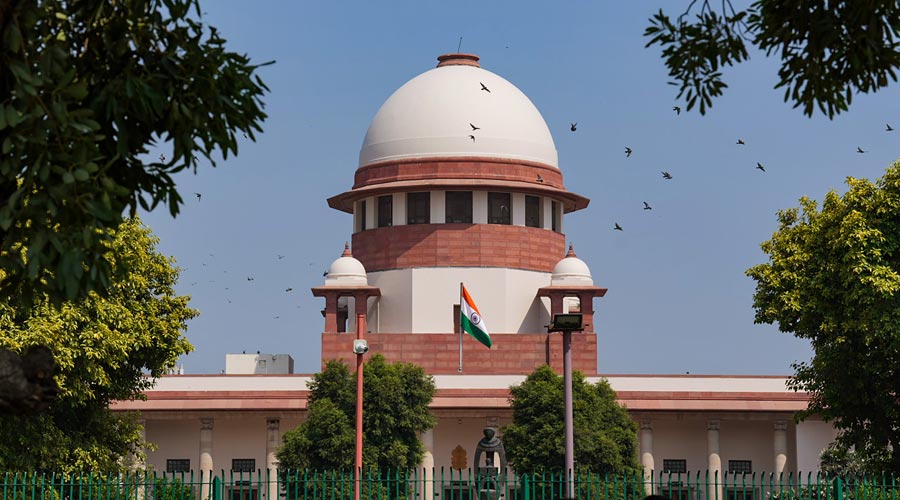Nithyakalyani Narayanan. V
A Public Interest Litigation (PIL) has been filed before the Supreme Court, challenging the three new criminal laws, i.e., Bharatiya Nyaya Sanhita, the Bharatiya Nagarik Suraksha Sanhita, and the Bharatiya Sakshya Sanhita. The effective date of the new laws’ provisions has not yet been announced.
Advocate Vishal Tiwari filed the PIL, seeking a stay on the three new criminal laws’ execution and an order to immediately organise an expert committee to assess the legislation’s feasibility. The group would be chaired by a former Supreme Court judge.
It asserts that there were inefficiencies and disparities in the three laws’ enactment since the pertinent Bills were enacted during a period when the majority of MPs were suspended and there was no formal parliamentary debate. 141 opposition MPs from both houses were suspended on December 20, 2023, the day the relevant Bills were passed by the Lok Sabha.
Advocate Tiwari brings up a 2021 incident in which former Chief Justice of India NV Ramana expressed concerns about laws being passed without appropriate legislative discussion – “Parliamentary debate is a fundamental part of democratic lawmaking…Debates and discussions are helpful to make necessary adjustments and amendments to a bill so that it can effectively fulfill its purpose. These can be helpful in Courts while interpreting laws.”
The plea further notes that resource limitations and the effect of the new stance on pro bono and legal aid work are highlighted- “lawyers may face challenges in interpreting and navigating these complexities, potentially leading to delays and legal uncertainties”.
In addition to saying that the new criminal laws violate India’s citizens’ fundamental rights, it further asserts that the revisions are draconian and intended to build a police state in practice – “If the British laws were considered colonial and draconian, then the Indian laws stands now far more draconian as in British period you could keep a person in police custody for a maximum of 15 days. Extending 15 days to 90 days and more, is a shocking provision enabling police torture.”
Opposition leaders including Adhir Ranjan Choudhary and Senior Advocate Kapil Sibal have previously brought up the three criminal statutes, pointing up possible human rights violations and the insufficiency of protections against abuses by law enforcement.

